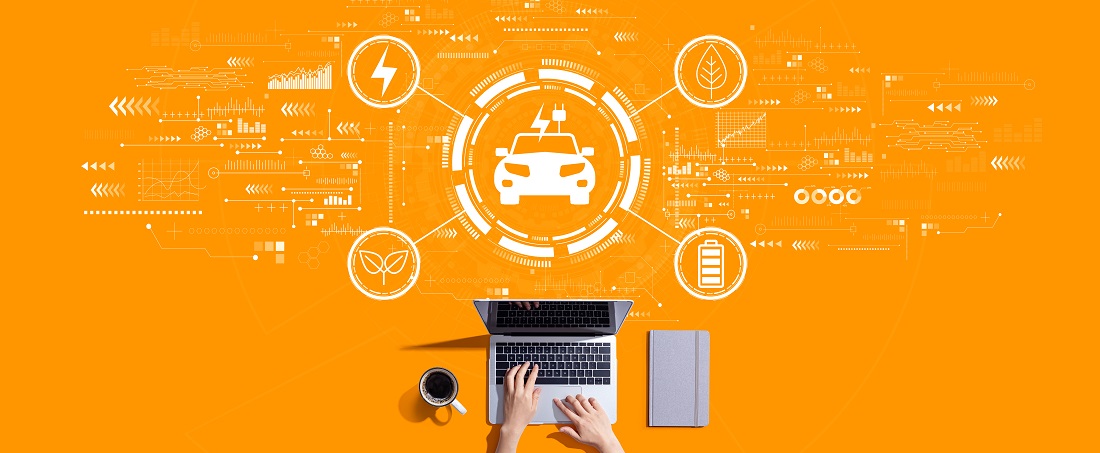Automotive manufacturing involves a complex and global supply chain, with thousands of components and subassemblies sourced from suppliers around the world. To succeed in this industry, collaboration and communication between suppliers, manufacturers, and other trading partners are essential. Electronic Data Interchange (EDI) is a critical technology that enables this collaboration and communication.
What is EDI in the automotive industry?
In the automotive industry, EDI (Electronic Data Interchange) is a technology that facilitates the electronic exchange of business documents and information between trading partners, such as suppliers, manufacturers, and logistics providers. EDI is a standard that has been in use in the automotive industry for over four decades, and it plays a crucial role in ensuring the efficient and accurate movement of goods and information throughout the complex and multi-tiered automotive supply chain.
The automotive industry has adopted EDI extensively, with nearly 100% adoption, and it is used to automate the exchange of important business documents such as purchase orders, invoices, and shipping notices. The use of EDI technology in the automotive industry helps to improve operational efficiency, reduce costs, and enhance supply chain visibility and collaboration. The most commonly used EDI standards in the automotive industry are:
- ANSI X12 - This is the primary standard used in North America and is widely adopted by automotive companies. The most commonly used transaction sets in the automotive industry include 810 (Invoice), 850 (Purchase Order), and 856 (Advance Ship Notice).
- EDIFACT - This is the international standard used in Europe and other parts of the world. The most commonly used transaction sets in the automotive industry include INVOIC (Invoice), ORDERS (Purchase Order), and DESADV (Advance Ship Notice).
- VDA - This is a German standard used primarily by automotive companies in Germany. The most commonly used transaction sets in the automotive industry include VDA 4905 (Invoice), VDA 4913 (Purchase Order), and VDA 4984 (Advance Ship Notice).
The automotive industry's reliance on EDI is due to the complex nature of the industry, which involves multiple tiers of suppliers producing components, modules, and parts that are integrated into the final product. EDI technology helps to streamline and standardize the exchange of information between these different players, ensuring that production lines keep moving, delays are minimized, and inventory levels are optimized.
What is the automotive EDI Transactions industry?
In addition to standard transactions such as orders and invoices, EDI can also support many industry-specific transactions. There are several EDI transactions commonly used in the automotive industry, including:
- Purchase Order (EDI 850/ORDERS) - This transaction set is used by automotive manufacturers to order parts or materials from their suppliers.
- Advance Ship Notice (EDI 856/DESADV) - This transaction set is used by suppliers to notify the manufacturer that a shipment is on its way, including details such as the contents of the shipment, the date and time of the shipment, and the carrier used.
- Invoice (EDI 810 /INVOIC) - This transaction set is used by suppliers to submit invoices to the manufacturer for payment.
- Purchase Order Acknowledgment (EDI 855/ORDRSP) - This transaction set is used by suppliers to communicate receipt or rejection of an order to a buyer.
- Functional Acknowledgment (EDI 997/ CONTROL) - This transaction set is used to confirm that a transaction has been received and processed successfully.
- Payment Order/Remittance Advice (EDI 820/REMADV) - This transaction set is used by manufacturers to initiate electronic payments to their suppliers and to provide remittance advice..
- Inventory Inquiry/Advice (EDI 846/ INVRPT) - This transaction set is used to request and receive inventory information from suppliers.
- Planning Schedule/Material Release (EDI 830 /DELFOR) - This transaction set is used by manufacturers to provide suppliers with production schedules and material release information..
- Shipping Schedule (EDI 862/DELJIT) - This transaction set allows suppliers to manage their shipping schedules. It is only in conjunction with the 830..
- Request for Quote (EDI 840/ REQUOTE) - Request for Quote (EDI 840/ REQUOTE) - This transaction set is used by manufacturers to request quotes from suppliers for parts or materials..
What are automotive EDI Benefits?
There are several benefits of using EDI in the automotive industry, including:
- Improved Efficiency: EDI eliminates the need for paper-based processes and manual data entry, which can significantly reduce the time and effort required to manage supply chain transactions.
- Increased Accuracy: With EDI, there is a lower risk of errors, such as data entry mistakes, lost or misplaced documents, or incorrect shipments. This can improve the overall quality of the supply chain and reduce the need for manual intervention.
- Faster Processing: EDI transactions are processed quickly and automatically, which can improve the speed of the supply chain and reduce cycle times.
- Better Communication: EDI provides a standardized format for exchanging data between trading partners, which can improve communication and collaboration across the supply chain.
- Reduced Costs: By streamlining supply chain processes and reducing errors, EDI can help automotive companies save money on labor, paperwork, and other expenses.
- Improved Customer Service: With faster processing times and more accurate information, EDI can help automotive companies provide better customer service and improve customer satisfaction.
To know more on how we implement automotive EDI and integrate into any of their internal systems, contact our sales department at +1 888-339-0722 or email us at sales@infoconn.com




